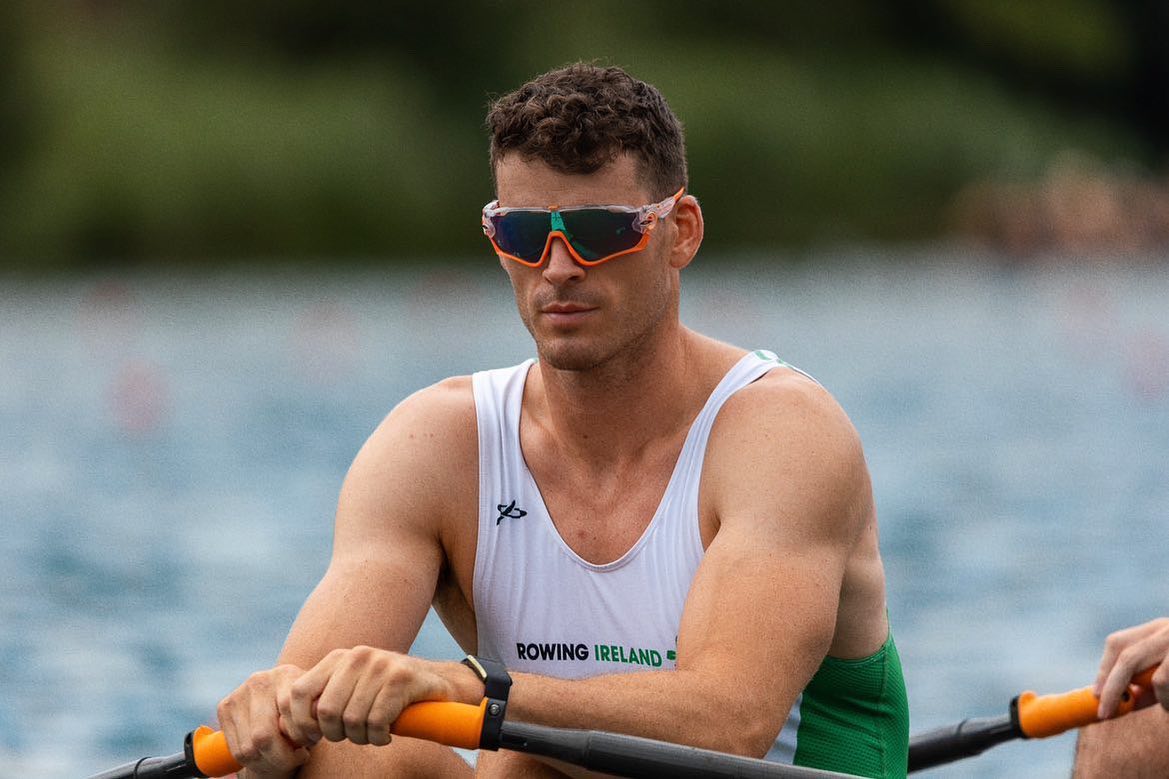

Philip Doyle, 32, is a man with many skills. Not only is he a men’s double sculls Olympic bronze medalist from Paris, but he’s also a doctor and a devoted son who handles household duties as and when voiced by his mother. But here’s the kicker: despite smashing it on the grandest stage alongside his rowing partner, Daire Lynch, Doyle’s not totally sold on a lifelong career in sports. Even with all the success, he’s got some serious doubts, and as a result, his LA 2028 Olympics return is up in the air.
Watch What’s Trending Now!
Doyle recently revealed the downside of his sport in an interview. When asked if he is considering the next LA 2028 Olympics, he answered, “It’s in the back of my mind, but rowing is… and I don’t mind if you print this, rowing is miserable. The lifestyle is miserable. Being a full-time athlete is miserable when you’re on no money.” Doyle’s father passed away in 2015, and he lives with his single mother, on whom he relied financially till he was 25.
Doyle compared it with other sports stars, saying how “Being Chris Boon or being Sebastian Vettel or being Cristiano Ronaldo, I’m sure it’s phenomenal. Even the athletics in Ireland, I’m sure is amazing.” However, when it comes to rowing, he highlights a shocking disparity. He points out how girls in athletics may easily take 1 season to earn what they do in 10 years, from endorsements, sponsorships, opportunities, or just being in Dublin. But that hardly happens in his Olympic sport, he remarked while recalling this one year when he hit rock bottom when it came to funding with just €18,000.
ADVERTISEMENT
Thus, he’s had to go back to work because he would often find himself out of money. “I was really struggling to make ends meet,” as are some of the budding talents on the team today, he says. “You know, your rent could be €500-€600 a month and you’re only on €1,000-€1,500 a month. And you’re feeding a family of four when you’re feeding yourself as a rower — you’re on 7,000 calories a day, and you can’t eat crap,” he highlighted the gravity of the challenge.
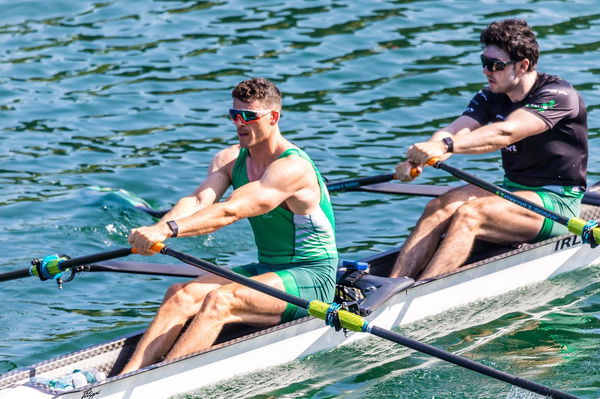
ADVERTISEMENT
There have been times when Doyle’s mother has offered to help. But to him, an Olympic medalist rower who was 29 at the time and a qualified doctor, it just did not feel right. So he pushed the rowing federation to allow him to work, but it acted as one step forward, two steps back, for his training had to suffer. Thus, as of now, he believes, “The criteria and the situation, the context of the rowing needs to significantly and drastically improve for me to come back.”
ADVERTISEMENT
It’s not a stark no yet. He admittedly loved the Olympics experience, but his decision to return for the LA 2028 Games is still up in the air. “But I have reservations going forward, but I would definitely compete in LA if I could get the right conditions,” he claims. Well, this is not the first time Philip Doyle is standing at this crossroads. Soon after Paris, he mentioned how Rowing demands a lot, even from his personal life, and continuing it will come at a price.
The Olympics take more than just resilience to ace, according to rowing star Philip Doyle
Rowing, per Philip Doyle, is a six-and-a-half-day a week sport. It takes a lot from him, even personally, which is why he’s had a few relationships go down the drain too. Ever since college, Doyle has lived in Cork, where he has often found himself in a bind, with nothing that could have been done. He says how it’s not been a fairytale journey without a €3 million contract, in which case meeting his partner flying down or buying a house in Cork was possible.
ADVERTISEMENT
Instead, the reality is he’s always saving funds or running out of them every 3 months. He cannot visit home often because a trip costs €120 in petrol or diesel and 8 hours. The latter takes time from his day, when he should be training three times in 24 hours, being an Olympic medalist. Moreover, he confesses, “So I’ve had a few relationships gone to the graveyard over the last few years, and even friends and stuff. I’ve missed weddings, I’ve missed it all.”
Philips highlights the dark reality of being an Olympics-level sportsperson in rowing, a sport that he believes takes more than it gives. And not just him; financial issues have been a common sight in another Olympic sport, which is track and field. Despite notable endorsements and sponsors, even stars like Noah Lyles and Kenny Bednarek have touched upon how there is a lack. What do you think Olympic sports are facing these problems? Let us know below.
Top Stories
NFL Make Final Punishment Decision on Controversial Patrick Mahomes Incident

Tom Brady Hints at Nefarious Actions From Bears After Packers Lose Sideline Heaters
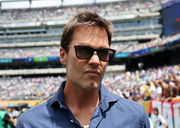
Johnson Wagner Admits Guilt for Making Jordan Spieth Miss Out on Rare PGA Tour Record
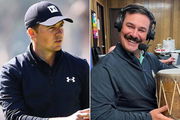
Horrific Aerial Footage of Greg Biffle’s Fatal Crash Emerges Leaving NASCAR Community in Tears

Amanda Balionis Receives Wake-Up Call That She Didn’t Expect to Face at 39
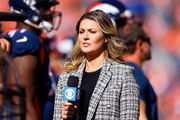
Physical Clash Sparks Tension on Court as Kim Caldwell’s Lady Vols Lose to No. 16 Louisville
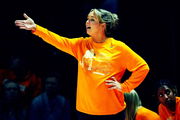
ADVERTISEMENT
ADVERTISEMENT
ADVERTISEMENT
ADVERTISEMENT

